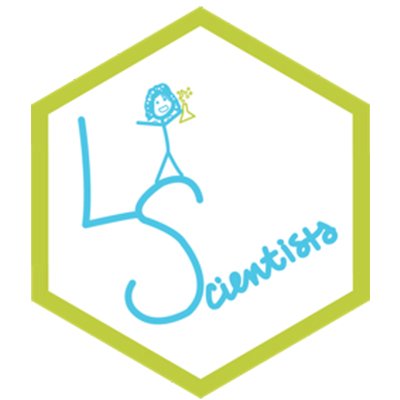While we talk about the benefits of retrieval practice a lot here at the Learning Scientists, we usually talk about the benefits of retrieval practice for already learned information. However, retrieval practice has also been shown to be beneficial for learning new information. That is, retrieving already-learned material not only helps you to remember that material (1), it also helps you to learn new material (2). While this effect (called the forward testing effect or test potentiated learning or retrieval potentiated learning) has been well established (2), what is less well-understood is how retrieval facilitates new learning.
In a review of studies on retrieval potentiated learning, Chan, Meissner, and Davis (2018) four theoretical perspectives on how retrieval improves new learning: resource theories, metacognitive theories, context theories, and integration theories.
Resource theories state that retrieval is beneficial for new learning because it frees up cognitive resources. Retrieval acts as a way for you to set aside already learned material and focus on the to-be-learned material. Pretend you are asked to remember two lists of words. According to this theory, you will remember more from the second list of words if you have been tested over the first list because you’re not still thinking about that first list. Chan et al. (2018) that this is consistent with the literature on expressive writing that people have fewer intrusive thoughts during a learning task if they are able to write about them before hand

